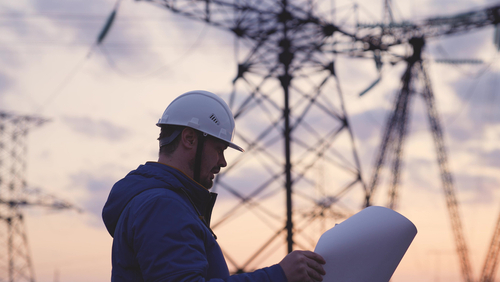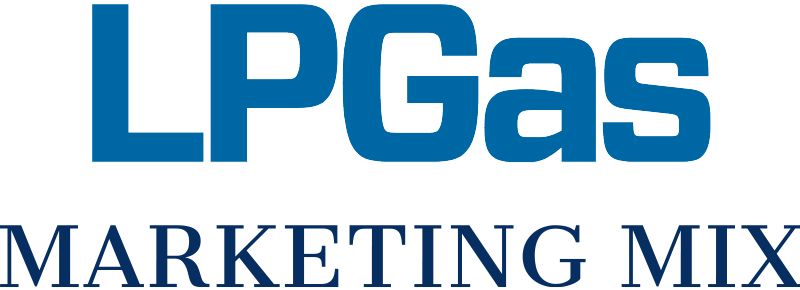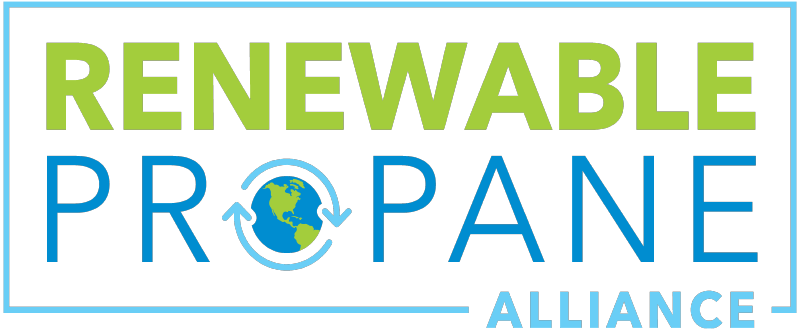Renewable Propane Alliance
Forced Electrification Isn’t the Emissions Solution
Renewable propane and other green fuels must be in the energy mix.
We all agree that climate change is one of the great challenges of our time. We need to work together to find solutions to reduce harmful greenhouse gas emissions.
Unfortunately, much of the climate action conversation these days involves only one solution: forced electrification. Many state governments are pursuing policies that would force American households to convert to 100 percent electric heating and appliances. This narrow, poorly considered strategy is trying to push other crucial green technologies — including renewable propane — out of the conversation.

The Problem with All-Electric Heat
A central element of electrification is mandating that homes switch from heating systems powered by traditional fuels to electric heat pumps. The idea is that moving home heating to the electric grid will reduce greenhouse gas emissions. This is a horribly flawed assumption, as we will address later. It also creates a host of risks and burdens for families.
- Converting a home from a furnace or boiler to an electric heat pump system is expensive, often costing tens of thousands of dollars.
- Heat pumps warm your home by transferring heat from the outdoor air. They struggle to keep homes reliably warm in periods of sustained freezing temperatures. Only the highest-end (and most expensive) cold-weather heat pumps can approximate the heating capacity of an oil or gas system. According to Consumer Reports, households in the northern parts of North Dakota, Minnesota, Wisconsin, Michigan and Maine will likely need a backup heating system. When Massachusetts introduced a heat pump installation rebate program, over nine out of 10 households that added a heat pump kept their boiler or furnace too.
- Forcing thousands of home heating systems onto the electric grid recklessly risks widespread power outages. We only need to look at recent cold weather grid failures in Texas (February 2021) and Buffalo (December 2022) to see how insufficient capacity can put lives in danger.
Banning Gas Appliances in Electrified Homes
In May 2023, New York became the first state in the country to ban gas-powered heating and cooking equipment in new buildings, starting in 2026.
This kind of ban shows how forced electrification extends beyond home heating. When new construction must forego natural gas and propane in favor of heat pumps and electric stoves, countless other popular and efficient products disappear, too, including:
- Gas-fired water heaters, including propane-fired tankless systems, which are among the most energy-efficient hot water systems around.
- Gas logs and other propane-powered hearth products, which release significantly less fine particulate matter than wood fires.
- Propane clothes dryers, which require less time to dry laundry than electric models.
- Propane grills, the most popular barbecue option in the U.S. — and way cleaner from an emissions perspective than charcoal.
These are just a few of the crucial gas-fired appliances that homeowners lose with mandated electrification.
Renewable Propane vs. Grid Electricity: A Carbon Comparison
The central conceit of electrification advocates is that electric heating and home appliances are better for the environment. That ignores the carbon impact of electricity generation. Right now, over 60 percent of American electricity is sourced from fossil fuels, including nearly 20 percent from burning coal — a long way from a renewable grid.
Now, consider propane. Conventional propane’s carbon intensity (CI) is roughly 79 grams of CO2 per megajoule — compared to 130 grams per megajoule, the CI of American grid electricity.** Additionally, propane is methane-free and emits virtually no particulate matter.
Renewable propane takes conventional propane’s eco-friendliness to the next level. With its organic and recycled feedstocks and low-carbon production process, rPG typically has a CI score around 20! And rPG, like biodiesel-blended heating oil and renewable natural gas, is a “drop-in” home energy source requiring no expensive equipment conversions or modifications.
The Bottom Line
Electric heat pumps and other electric appliances are tools in the decarbonization conversation. But electrification isn’t a silver bullet to combat climate change. We need an inclusive and balanced renewable energy plan that includes clean fuels like propane, rPG and other innovative blends. This is a smarter, less disruptive pathway than the risky “electrify everything” strategy.
Energy Industry Strategists & Advisors

Tom Jaenicke
Specialties: Provides marketing services, technical advice, and business development assistance to privately held and public energy companies, product manufacturers, and support organizations.
Contact Tom
Let me know how I can help with your energy needs. Fill out the form below or give Tom a call at 810.252.7855
We take your personal information very seriously. We will not share any of the information you provide with any 3rd parties. Provided information will be used specifically to contact you in regards to your inquiry.





